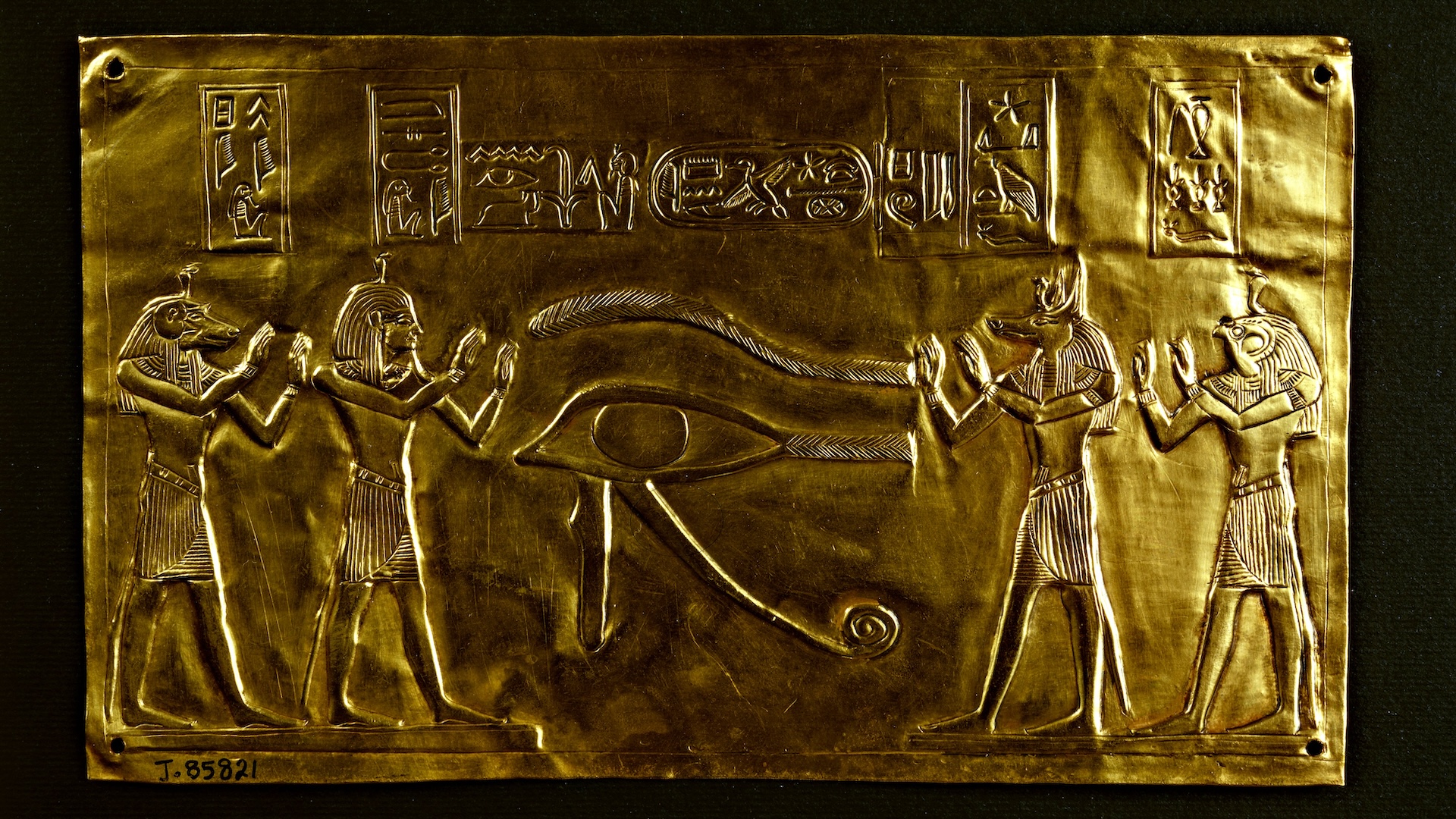Do Interruptions Hurt Presidential Candidates? What the Science Says

With the second presidential debate coming up this Sunday, one particular statistic from the first debate stands out: the number of times Republican candidate Donald Trump and Democratic candidate Hillary Clinton interrupted each other.
The counts from that Sept. 26 debate varied, depending on how the listener classified interruptions. Vox tallied that Trump interrupted Clinton 51 times and that Clinton butted in on Trump 17 times. Time magazine counted 55 interruptions by Trump and 11 by Clinton. The New York Times found Trump interrupted Clinton 39 times and Clinton interrupted Trump eight times. ABC News agreed that Trump instigated 39 interruptions but counted nine by Clinton. In an online academic forum organized by the press release and newswire service Newswise, University of Iowa communications professor Kristine Muñoz said she counted 30 successful interruptions by Trump and five successful interruptions by Clinton. [6 Politicians Who Got the Science Wrong]
In every count, Trump interrupted more times than Clinton did. With the two nominees scheduled to go toe-to-toe in a town-hall-style debate Sunday (Oct. 9), it remains to be seen whether he'll dial it back or keep interjecting into Clinton's answers. It's also still unknown how such a strategy might play out; supporters might appreciate a candidate who "calls out" the opposition, but most research finds that interrupters aren't looked upon kindly.
The linguistics of interruption
A classic 1974 paper published in the journal Language laid out a theory of turn-taking in conversation. Most of the time, the authors wrote, taking turns provides the basic scaffolding of conversation: One person talks, there's a transition in speakers and another gets the floor. (In debates, of course, this is codified with time limits and a moderator to keep things on track.) The researchers' observations of taped conversations found that overlap in speakers is usually brief; likewise, the transition between speakers usually happens without major gaps or long periods of people talking over one another.
When overlap does occur, it happens for a variety of reasons. One type of interruption happens when the second speaker mistakenly thinks the first speaker is done. An example might be a husband saying, "Yes, all right, dear," with the wife interjecting an "OK" over her spouse's "dear," because "all right" would have been a natural ending point for the sentence. The overlap occurs because the wife is not expecting a third word in the sentence.
But the kind of interruptions seen in the debate were not like these inadvertent (and easily corrected) conversational stumbles. Rather, they were an attempt to take back the thread of the conversation. Take this exchange, captured in the debate transcript:
Clinton: Donald thinks that climate change is a hoax perpetrated by the Chinese. I think it's real.
Sign up for the Live Science daily newsletter now
Get the world’s most fascinating discoveries delivered straight to your inbox.
Trump: I did not. I did not. I did not say that.
Clinton: I think science is real.
Trump: I did not say that.
These kind of assertive interruptions are actually quite rare in normal conversation, researchers wrote in a 1989 study in the journal American Sociological Review. In several studies done in the 1970s and '80s on interruption, they wrote, there were only about two interruptions per conversation, on average.
Debates, on the other hand, are contests of dominance, said Erik Bucy, a professor of strategic communication at Texas Tech University.
"What Trump is doing with a lot of the interruptions is really trying to take back command of the stage, even though it's not his turn to speak," Bucy told Live Science. Bucy conducted a small focus group of politically independent students during the debate and found that there wasn't strong evidence that the interruptions helped or hurt either candidate.
Candidates have to walk a fine line to seem assertive but not aggressive in debates, Bucy said. [7 Great Dramas in Congressional History]
Gender lines
The United States' first mixed-gender presidential race is complicating this fine line.
"Study after study says that men interrupt women to a much greater degree than vice versa," Muñoz said during the Newswise panel on Sept. 27. Trump conformed to stereotype by interrupting Clinton more than she interrupted him.
The 1989 American Sociological Review study tracked group discussions among college students and found that gender matters in somewhat surprising ways. Men, the researchers discovered, did interrupt women far more than women interrupted men. And men also interrupted women twice as frequently as they interrupted other men.
In contrast, women interrupted men and other women at equal rates.
Previous studies had found that the higher status a person has, the more he or she interrupts in a conversation, the researchers wrote. (Imagine a meeting with your boss: Who interrupts whom?) In the group discussions between students, "men are acting as if sex is a status characteristic," the researchers wrote. But women did not appear to see sex as conferring additional status on someone, given that they tried to interrupt men just as frequently as women, the researchers said. [Life's Extremes: Democrat vs. Republican]
Context and culture matter. In research presented in 2007 at the annual meeting of the International Congress of Phonetic Sciences, scientists analyzed a database of phone calls in Arabic, English, German, Japanese, Mandarin and Spanish. They found that Japanese speakers had more "turn-taking overlaps," or short interruptions made when one speaker starts talking before another finishes. This may be an attempt at consideration rather than rudeness, the researchers wrote in their research abstract; overlapping someone in an affirmative way can indicate that the listener is engaged, for example. Among English-language speakers, both men and women interrupted women more than either gender interrupted men, that study found. People also interrupted close friends or family more than they interrupted strangers.
Another study published in 1989, this one in the Journal of Nonverbal Behavior, asked a different question: How do people perceive interrupters?
Not very well, it turns out. When people listened to conversations in which a speaker interrupted another speaker, the listeners rated the interrupter as less sociable and more assertive. Male and female interrupters were judged with equal negativity, the researchers found. However, there was a gendered component to the impressions, as interrupters were seen as more masculine than those who did not interrupt, regardless of their actual gender.
Interruption didn't serve Democratic vice presidential nominee Tim Kaine well during Tuesday night's debate with Republican Mike Pence. Kaine interrupted Pence 70 times by ABC News' count and later told a crowd in Philadelphia that his own wife "dinged" him a little bit for butting in too often.
Trump's frequent interruptions early in the debate may have given the sense that he controlled the floor, Bucy said, but too many interruptions can tip people's perceptions of a candidate from "assertive" to "aggressive." Had Trump continued to interrupt throughout the entire debate, it probably would have hurt him more, Bucy said.
Original article on Live Science.

Stephanie Pappas is a contributing writer for Live Science, covering topics ranging from geoscience to archaeology to the human brain and behavior. She was previously a senior writer for Live Science but is now a freelancer based in Denver, Colorado, and regularly contributes to Scientific American and The Monitor, the monthly magazine of the American Psychological Association. Stephanie received a bachelor's degree in psychology from the University of South Carolina and a graduate certificate in science communication from the University of California, Santa Cruz.










